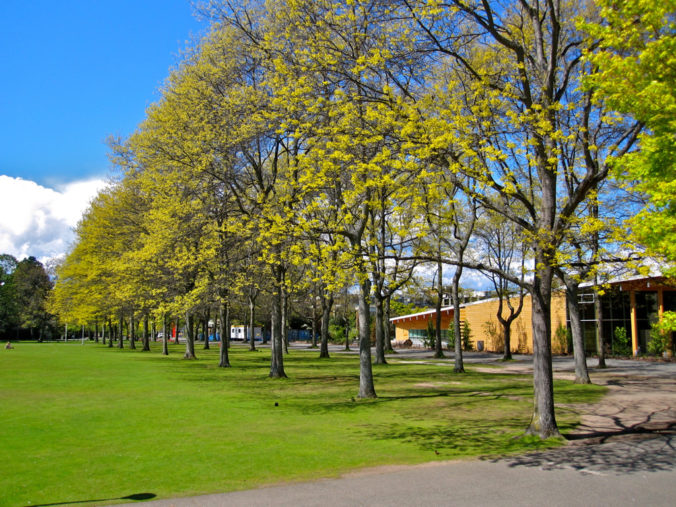1.Open dialogues about media literacy and factual information can create conflict; why does this happen?
The media tend to give their audience the information they want to know because people often believe what they want to believe, and the truth and integrity of these things is often not that important. Even the same thing can be presented to different people in different ways. For example, parents who hate their children playing video games are more likely to receive information in the media about the dangers of video games to minors. On the other hand, minors who like to play video games will receive recommendations and videos of different games on the media.
2.What is the benefit of having a PLN that values media literacy?
Media is a very efficient way to get information, but because there’s so much information coming from all over the world, it’s very important to extract it effectively. JULIE SMITH makes an interesting point in this video, she thinks that 10 minutes of information a day is better than 24 hours of information(MILLER, 2021). I think this is an example of how media literacy can be effectively achieved through PLN.
Reference
MILLER. (2021, June 6). EDCI 338 – MEDIA LITERACY with JULIE SMITH. Retrieved November 14, 2022, from https://www.youtube.com/watch?v=57r3-aEnci0

Leave a Reply